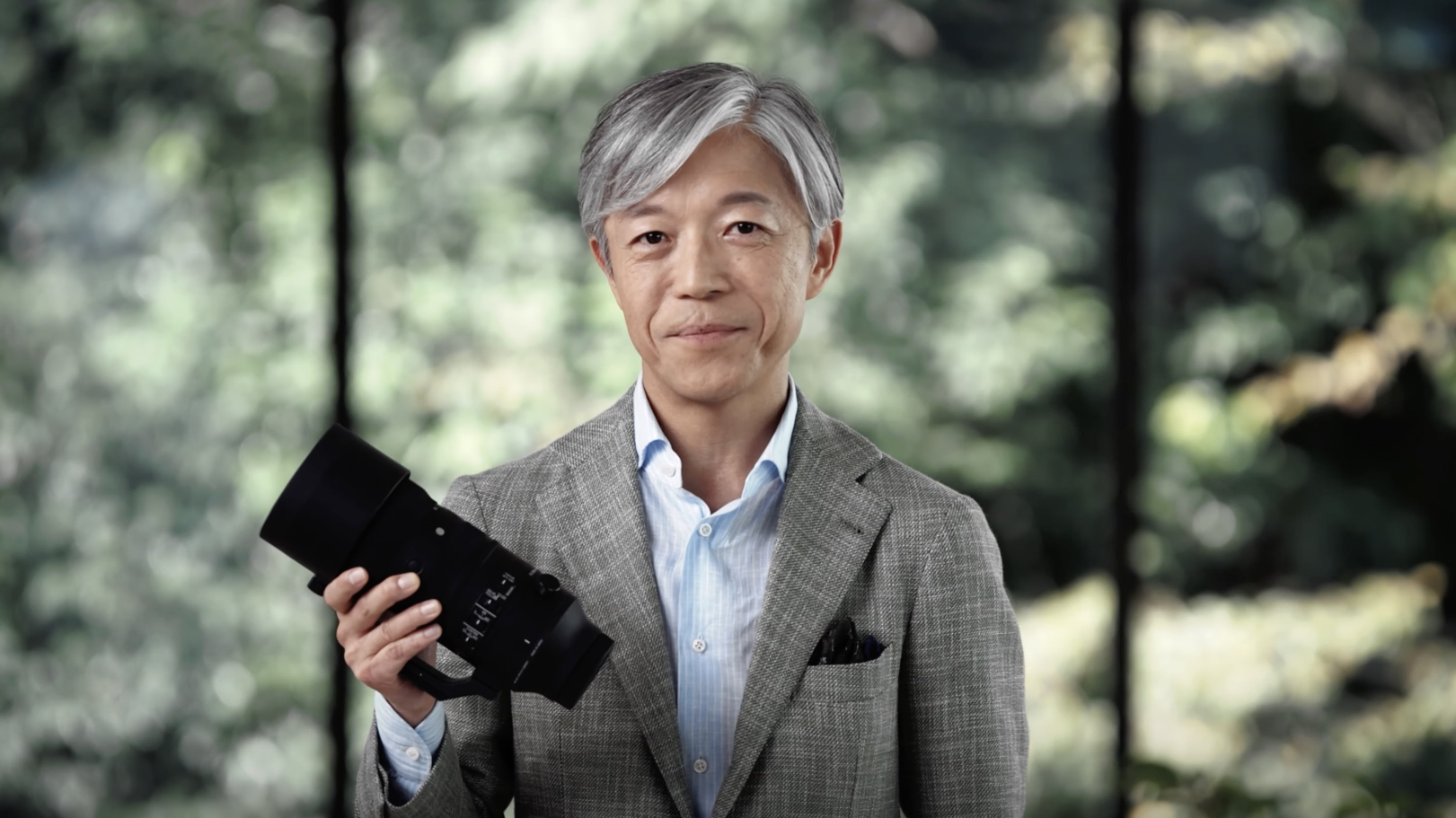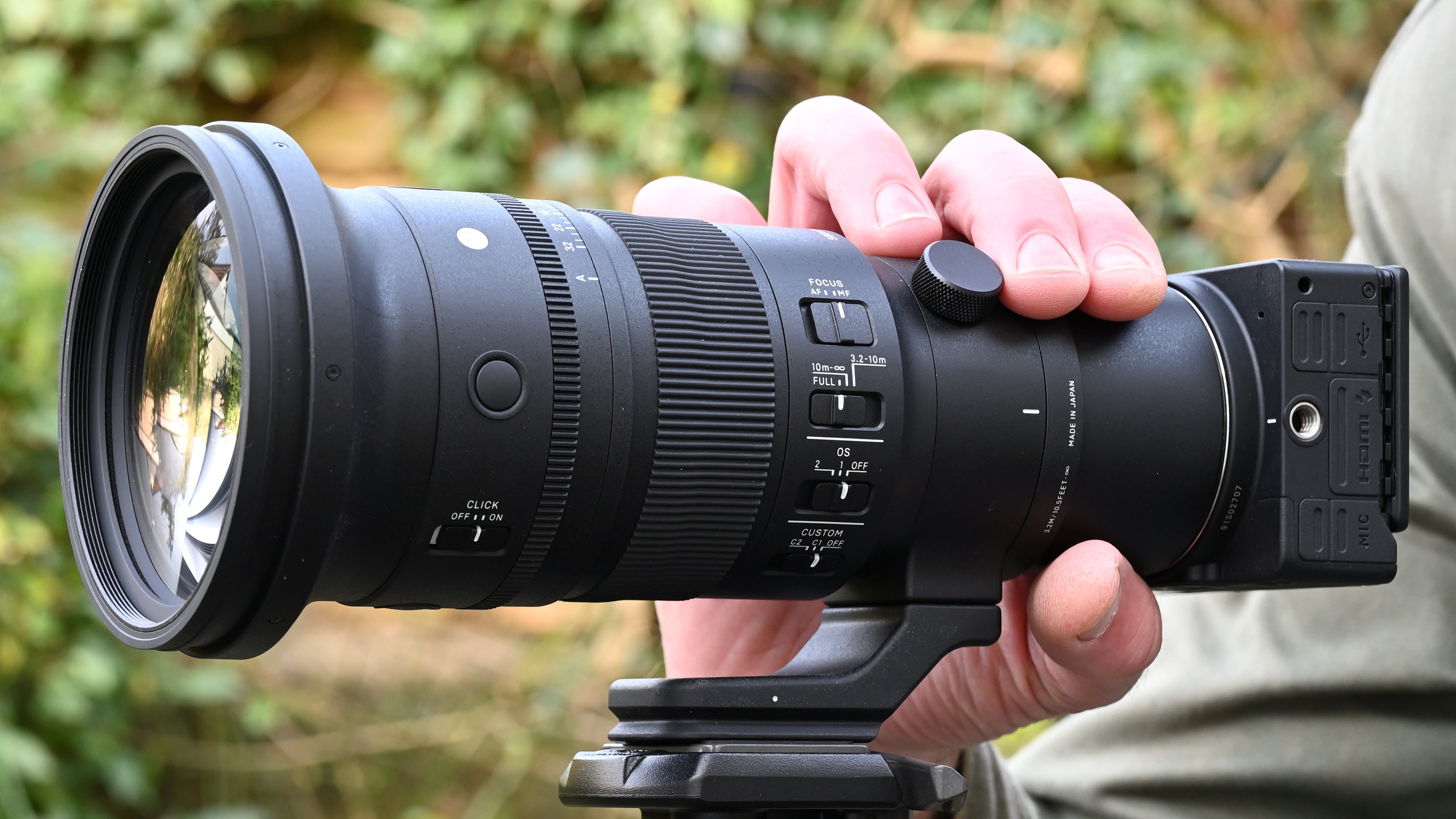
Sigma has carved a reputation for itself in the camera world as something of a maverick – a manufacturer that isn't afraid to try new things, a brand that dares to do things differently.
And this is something that the company is acutely aware of, with the company's owner and CEO recently stating that "Sigma is kind of the guinea pig in the lens industry."
It's not just lenses, of course. Sigma marches to the beat of its own drum when it comes to cameras – such as the eccentric Sigma fp and fp L, and before it the truly audacious Sigma dp Quattro series.
The uniqueness also extends to the image sensors themselves. Sigma was so enamored of the Foveon-made sensors used in cameras like the dp Quattro, SD Quattro and dp Merrill that it acquired Foveon outright in 2008.
While its struggles to bring a modern Foven sensor to market are well documented, this exemplifies the spirit of Sigma more than anything else the company is working on.

In this specific instance, though, Kazuto Yamaki is referring to the company specifically in terms of lens design – and how it is often the canary sent down the optical mine shaft to see what will work.
"In most cases, we are the first to use a new type of element, and once [other companies] see Sigma use that lens element, they start using it," he told DPReview, explaining the risk involved in lower-yield specialist elements, such as those that made the recent Sigma 500mm f/5.6 possible.
"I'm very happy to play such a role. Sigma is kind of the guinea pig in the lens industry: they use Sigma as an experiment, and if we prove it, they use it."
So why is Sigma willing to take these risks, to be the industry guinea pig, to make the niche and quirky products that nobody else will?
"I believe it’s one of Sigma's missions to create niche products," he continued. "If we only concentrate on standard products and release lower-priced versions, it’s not good: we would not be able to contribute to the development of the photography culture."
Thank you for being the guinea pig, Yamaki-san. The industry is better for what you do. There's plenty more fascinating insight in the full interview, which I highly encourage you to read.
Sigma makes some of the best L-Mount lenses as well as the best Sony lenses, along with some of the best Canon DSLR lenses and best Nikon lenses for the F-mount.







